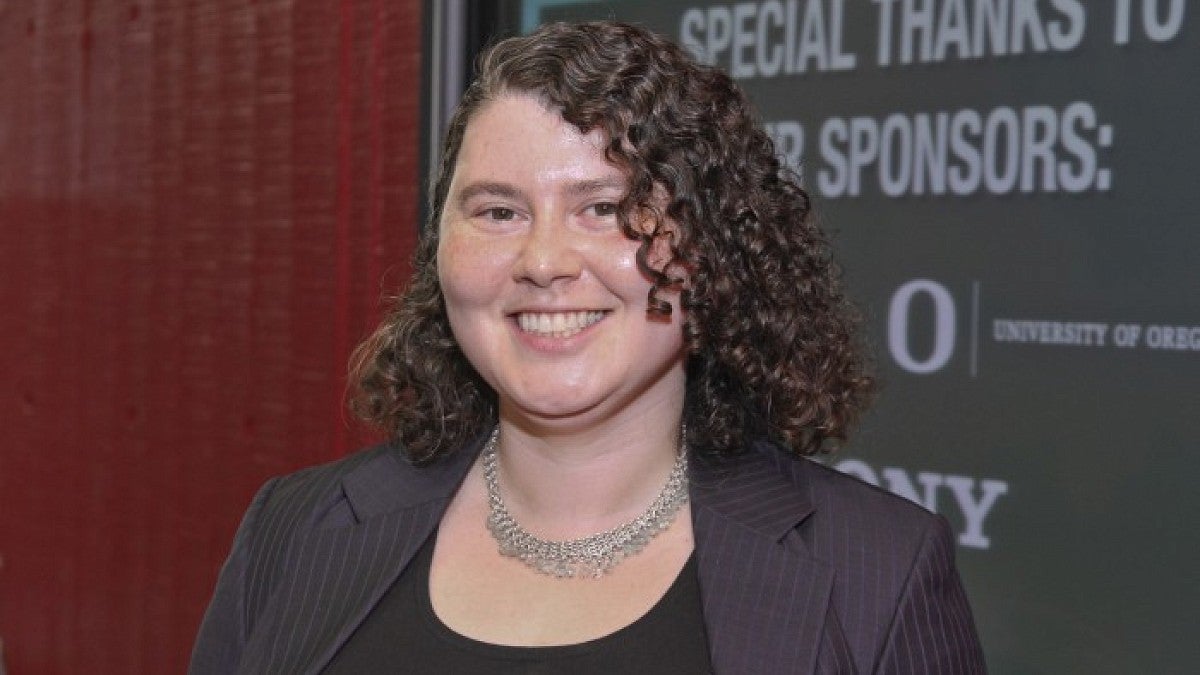Galileo received a gift for discovering the moons of Jupiter. So did Tycho Brahe for his discoveries. So it’s no surprise that hundreds of years later, scientific discoveries still earn accolades like the prestigious Nobel Prizes that are being awarded this week.
Vera Keller, an associate professor of history in the Clark Honors College, traces the history of gifts for science in an article in The Conversation.
Keller says there’s one big difference in the gifts of yore versus today. In the 1500s, the discoverers presented their discoveries as gifts to powerful patrons in return for the possibility of prestigious positions. That model had undesired consequences.
“Gifts emphasized competitive individualism at a time when scientific collaboration and the often humdrum work of empirical observation was paramount,” Keller wrote.
As a result, states began offering prizes for solutions to desired problems, a model that remains to this day.
For the full story, see “Before Nobels: Gifts to and from rich patrons were early science’s currency.”


